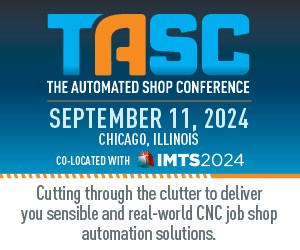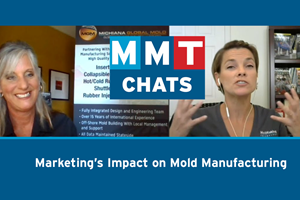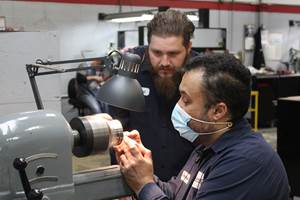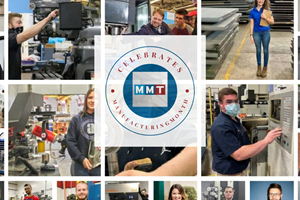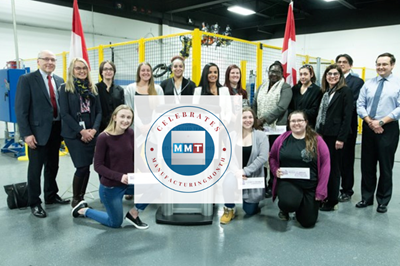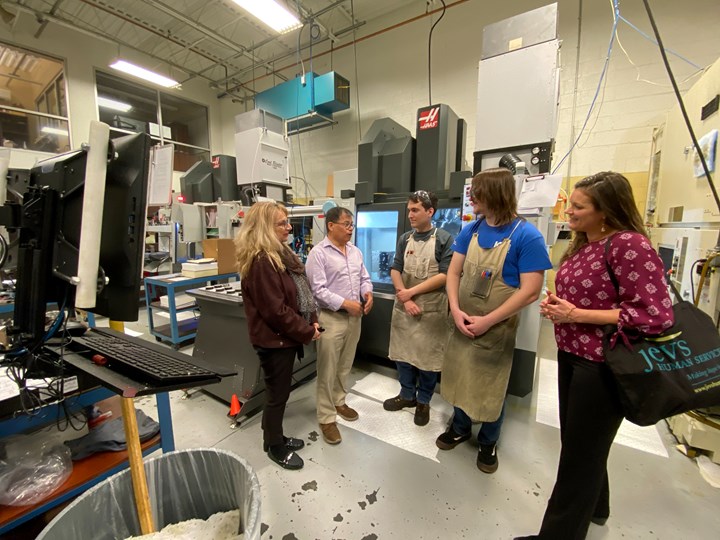
Stephanie M. Cocchi, Edison Freire (left) and Jeanette Rattle (right) from JEVS Human Resources with KMM Group Ltd. apprentices Shane Siman and John Brannan (center). Photo Credit, all images: Jeanette Rattle, JEVS Human Resources.
Who is JEVS?
Jeanette Rattle, Director of Marketing Communications: JEVS Human Services is an organization in Philadelphia that helps people at our very core. We are a non-profit with a proud 80-year history and a vision to “connect” by intentionally building a more diverse workforce and enhancing individuals’ employability, independence and quality of life through a broad range of programs. Our mission is “Making hope happen” through education, training and increasing job skills. We help connect people to the program that meets their needs and then help them find positions in in-demand career paths.
JEVS is advancing best practices in workforce development in the Greater Philadelphia region, including the Registered Apprenticeship model that provides on-the-job training for advancement and wage increases.
Edison Freire, Director of Gateway Initiatives: JEVS is a safety net. We are that supportive, nurturing organization that helps employers think about hiring differently, and finding potential employees in a completely different fashion. It’s working with organizations like JEVS that can assist with sourcing and vetting talent from a non-traditional pool of candidates, including people with disabilities, individuals from low-income communities and those coming out of incarceration.
What is the JEVS Tri-State Apprenticeship Program (JTAP)?
Stephanie Cocchi, EdD, Program Manager and Chief Apprentice Adviser: JEVS Human Services operates the Tri-State Apprenticeship Program (JTAP), which is now in its sixth year, to provide regional manufacturers with a turnkey solution for designing and administering a structured apprenticeship program for their employees. In partnership with Tooling U-SME, we also deliver the related technical instruction through online classes that enable apprentices to complete their coursework at their own pace from anywhere. JTAP is an intermediary. We are a group sponsor for the manufacturing apprenticeship program. We concentrate on four occupations: machinist, machine operator, tool and die maker and industrial maintenance mechanic.
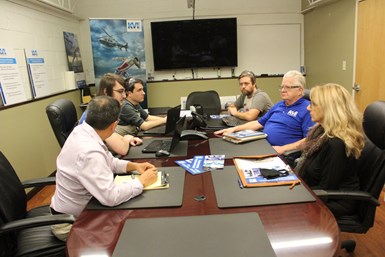
The JEVS team meets with apprentices and mentors at KMM Group Ltd. in Hatboro, Pennsylvania.
We are unique because we provide all of the administrative services required for a company so that they don’t have to dedicate a person from their staff. We offer a training program that uses Tooling U-SME learning management systems. I am the apprentice advisor or success coach, and I work directly with each apprentice and mentor starting with their registration as an apprentice in the state RAPIDS database. I work with both the mentor and the apprentice to track his/her progress until the apprentice completes the program.
I believe this hands-on relationship contributes to the 95% retention rate that we’ve experienced.
Freire: As a registered apprenticeship program in the state of Pennsylvania, JTAP assists employers to leverage public workforce funding to support apprentice training and on-the-job learning. The employers still have to complete the funding request applications, but JTAP helps to expedite the approval process from the local workforce board.
The funds offset the costs of mentoring support that is provided to the apprentice. JTAP support also includes supportive services to the apprentice and mentor and working with employers to make a new hire a productive member of the company. The challenge continues to be getting employers to think differently.
We see our work as supporting the development of a culture of learning.
A mentor is a subject matter expert in his/her craft who JTAP supports to become proactive about growing someone within the company. The apprenticeship establishes competencies that mentors use to support their apprentices. We also work with the mentor to track the apprentice’s progress toward the mastery of competencies.
We see our work as supporting the development of a culture of learning. For example, in one of our partner sites an employee completed their apprenticeship and now they are a mentor to the next generation of apprentices.
You mention a holistic approach to JTAP. Can you explain?
Freire: Apprenticeship is an intentional process of onboarding new hires where the employer understands what it takes to develop a fully qualified professional. In turn, the new hire understands the benchmarks they need to attain certain benefits like wage increases. The job performance process becomes less focused on what the hire did wrong and more focused on how we can help the hire grow and the employer gain a productive employee.
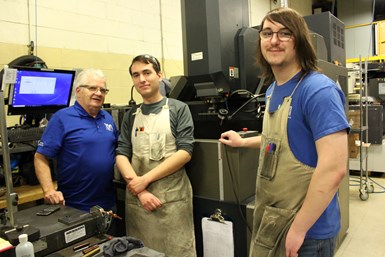
KMM mentor Ray Dettmar wth CNC machinist apprentices Shane Siman and John Brannan.
Our program is competency-based and the related instruction can be customized and on-demand. We have agreements with community colleges to align in-person coursework with the online curriculum, so an employer/apprentice doesn’t have to choose one or the other. They can have both in-person and remote instruction.
The JTAP learning process requires agency from the apprentice, mentor, employer and JTAP staff. We find ways to address different ways of learning. Manufacturers are finally understanding the importance of establishing this culture of learning. We see that this more holistic approach is a better way to ensure retention and professional development.
What exactly are JEVS’ Apprenticeship Services?
Freire: We build customized professional development plans. We tailor the training to the job description. Then, through our mentor training, the mentor guides the learning. We work with employers to recognize prior knowledge and then give those apprentices advanced standing in the program.
In addition, we provide the apprentice and mentor access to a large library of online courses — required courses to finish the apprenticeship and additional nonrequired content for continued professional growth.
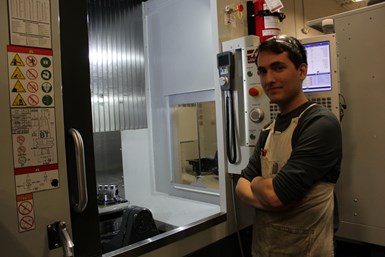
CNC machinist apprentice Shane Siman demonstrates the Haas UMC 750SS machine.
We offer “wraparound” services to prepare and support the apprentice’s growth. For example, does the apprentice have the digital literacy skills they need to succeed? Do they need monthly reminders to get things done? Do they need mental health support? Our supportive services, alongside the apprenticeship, assist employees with any barriers they face that prevent them from performing well at work.
The intent is that we — the employer and JEVS — work together to put somebody on the path to success. We walk with them to reduce the barriers that impede learning and that may negatively impact the investment from the employer.
If we do all of this, we can tap into a diverse talent pool of candidates. We can carefully recruit. We can rigorously train. We can fully vet for the employer and support.
What is your general approach to attracting the next generation of disconnected community members into manufacturing?
Rattle: JEVS Human Services serves thousands of young adults through training, GED prep and other programming, yielding a natural talent pool who we can guide into pre-apprenticeship or apprenticeship opportunities.
Our future aspirations for growing this program are twofold: (1) outreach to middle and high schools about the role of manufacturing in the business world, as well as parents and (2) attracting women to the field, as they have a significant role to play.
We are turning to Neu Dynamics and their experience with the apprenticeship process as a case study and look to them and their networks for guidance for growth. JEVS is interested to learn more about how we can support mold manufacturers.
Freire: We use a grassroots approach to getting the word out about JEVS and funneling them into the appropriate program. Plus, we are very active on social media. So much happens at the community level — outreach to churches, community centers, community-based organizations and neighborhood groups.
JEVS is familiar with moldmaking — as you’ve worked with Neu Dynamics — so can you talk a little about what you’ve done for them? What was the problem, solution and results to date?
Cocchi: We address their talent needs, including providing success coaching for the apprentice and mentor by developing an Apprentice Career Plan, training the mentor who often has not had formal training experience and training the apprentice and mentor on the use of the Learning Management System, which tracks progress in Related Technical Instruction and On-the-Job Learning.
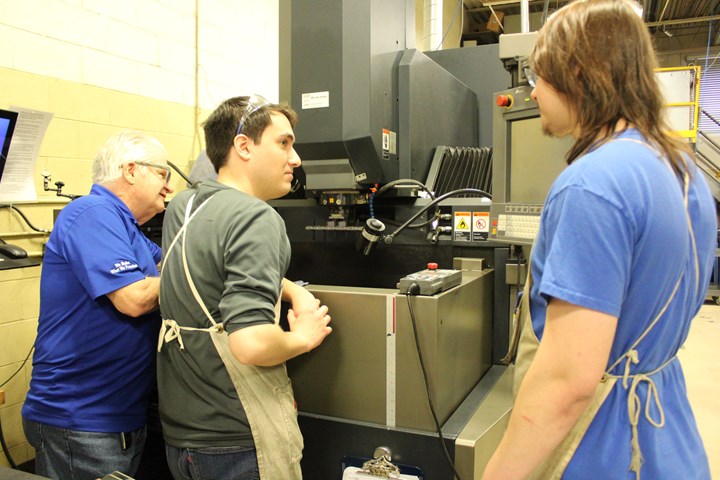
Mentor Ray Dettmar and two CNC machinist apprentices, Shane Siman and John Brannan, work on the Makino EDAF 3 RAM EDM machine.
Can you talk about your plans for connecting with employment at a mold builder?
Cocchi: Last fall, we held an event recognizing National Apprenticeship Week to celebrate our apprenticeship partnerships convening the business, human services and education sectors; this event will help us further our action steps in supporting a variety of manufacturing industries.
We highlighted KMM Group Ltd., a precision machining manufacturer in Hatboro, Pennsylvania, which works with JEVS to grow its business — and the regional industry — through apprenticeships. One KMM apprentice, 23-year-old Shane Siman, said that being in an apprenticeship program and receiving on-the-job training from a mentor is putting him on a road to a fulfilling career rather than just another job.
JEVS is interested to learn more about how we can support mold manufacturers. We are turning to Neu Dynamics in Warminster, Pennsylvania, and their experience with the apprenticeship process as a case study and look to them and their networks for guidance for growth.
What do you view as JEVS top differentiator among other related groups and the best example of the most significant success of JEVS?
Freire: No intermediary provides this service for small- to mid-sized manufacturers in our region. Participants have successfully advanced in their occupations and attained wage increases as part of the apprenticeship. Since the pandemic, JEVS Human Services continued operations to support job seekers in finding work after business layoffs and closures. As part of our comprehensive “Get Philly Back to Work” campaign, we believe that the apprenticeship model is another method to help bridge the skills gap in the Greater Philadelphia region.
What is the most significant challenge JEVS faces today?
Freire: We often see that employers don’t realize the critical role they play in developing the future workforce. By employers investing time in training and nurturing the career development of entry-level or junior workers, they can advance within the company and feel a greater sense of commitment to staying long term. As a result, the apprenticeship model can help with employee retention and ultimately help the company’s bottom line.
The key is bringing employers to the table on training with a methodical holistic approach. That means committing money, staff and company C-level leadership.
Companies with hiring challenges would post job openings online and hope for a flood of applications in the past. Talent acquisition is challenging, so companies look to workforce development organizations like JEVS to help feed the talent pipeline. We serve hundreds, even thousands of job seekers in need of jobs. Companies can turn to us to source a diverse talent pipeline.
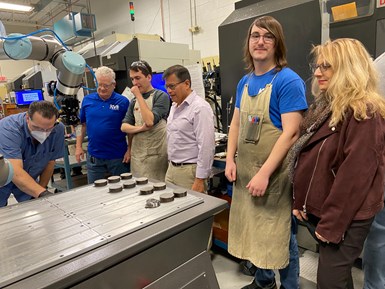
Machinist Bob Dinoia demonstrates the functionality of the Haas VF2SSYT milling center for KMM machinst apprentices and JEVs representativies.
What are the most significant ways you expect the manufacturing workforce to evolve in the next three to five years?
Cocchi: We have a retiring workforce with intellectual property, who play a critical part in training a younger manufacturing generation. We need to promote the reality that manufacturing is no longer dirty and dark, but instead, is high-tech and essential. Apprenticeships are career pathways to long-term careers and higher-ed opportunities through which you can earn while you learn.
Freire: The key is bringing employers to the table on training with a methodical holistic approach. That means committing money, staff and company C-level leadership. Employers are still reticent to take the critical role in leading the training. And I believe there’s a fear of changing the workplace. The challenge is, how do we engage in deep, meaningful conversations where people don’t feel defensive and are willing to work with an agency like ours? I firmly believe the solution has to be public and private investments. There is no free lunch. We need to work collaboratively and start earlier. If you have a talent gap and you’re willing to consider this, that’s the motivation we need. It’s a starting point.
Related Content
MMT Chats: Marketing’s Impact on Mold Manufacturing
Kelly Kasner, Director of Sales and Marketing for Michiana Global Mold (MGM) talks about the benefits her marketing and advertising, MGM’s China partnership and the next-generation skills gap. This episode is brought to you by ISCAR with New Ideas for Machining Intelligently.
Read MoreQuestions and Considerations Before Sending Your Mold Out for Service
Communication is essential for proper polishing, hot runner manifold cleaning, mold repair, laser engraving and laser welding services.
Read More2021 30 Under 30 Honors Program: Mentoring in the Next-Generation of Moldmaking Professionals
Young professionals are vital to the moldmaking industry, and it is important to acknowledge those making strides in shaping the industry's future. MoldMaking Technology recognizes the industry's young talent through its 30 Under 30 Honors Program.
Read MoreMaking Quick and Easy Kaizen Work for Your Shop
Within each person is unlimited creative potential to improve shop operations.
Read MoreRead Next
Mold Builder Insight Guides R&D Efforts
Results of road mapping workshop identify three areas of technology and education improvement to advance mold manufacturing.
Read MoreNon-profit Organization Advances Diversity and Inclusion Initiatives in Manufacturing to Fill Skills Gap
Build A Dream delivers programs to inspire young women, providing confidence and filling the skills gap by collaborating with speakers, community leaders and businesses.
Read MoreHow to Use Strategic Planning Tools, Data to Manage the Human Side of Business
Q&A with Marion Wells, MMT EAB member and founder of Human Asset Management.
Read More



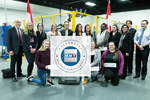




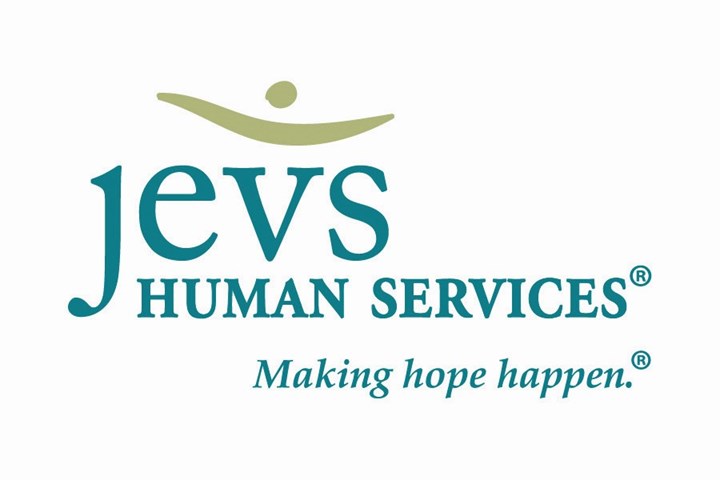



.png;maxWidth=300;quality=90)







